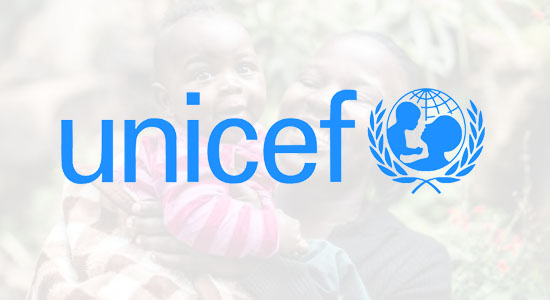The United Nations International Children's Emergency Fund (UNICEF) has declared that breathing particulate air pollution could damage brain tissue and undermine the cognitive development of babies.
The children's agency warned that about Seventeen million babies under the age of one are being exposed to toxic air, putting their delicate brains and cognitive development at risk.
While more than four million babies were at risk in East Asia and the Pacific, more than 12 million babies in South Asia were worst affected, as they live in areas with pollution six times higher than safe levels.
A report by UNICEF has linked pollution to reduced test scores of verbal and non-verbal IQ and memory among school children and other neurological behavioural problems which could last a lifetime.
It added that "As more and more of the world urbanises, and without adequate protection and pollution reduction measures, more children will be at risk in the years to come."
In November hazardous smog began blanketing the Indian capital Delhi, prompting the Indian capital's chief minister Arvind Kejriwal to say the city had become a "gas chamber".
Some schools in the city were closed but there was criticism when they re-opened, with parents accusing the authorities of disregarding their children's health.
In northern China, air pollution is estimated to shorten life expectancy by about three years and the government has imposed tougher emissions rules on companies, although state media have reported that these are habitually flouted.
UNICEF also said satellite imagery utilized to compile the data also showed the issue is escalating in African cities.
The agency called for wider use of face masks and air filtering systems, and for children not to travel during spikes in pollution.




















